How do I choose the topics I write about? I don’t. I had no idea I would write about this topic today. It just popped up. From where?
Now let’s see what appears on the screen. Maybe something light and easy? Ah, free will and the illusionary nature of our ego. Light and easy.
Free Will
The concept of free will is haunting me since I was seventeen.
Ok, fasten your seatbelts. This can be a wild ride for our conditioned minds. Could it be true that free will is an illusion?
At seventeen, I got attracted to reading philosophy. The Germans call their country “Das Land der Dichter und Denker.” The land of poets and thinkers. Goethe, Nietzsche, Kant, Schopenhauer, Hegel, Hesse, and Brecht - to name a few, are the pride of German culture.
In April 1837, the announcement of an essay competition appeared in a German literary journal. The Royal Norwegian Society of Sciences was offering a prize for the best essay on the following topic: Can the freedom of the will be proven from self-consciousness? Arthur Schopenhauer, then around fifty years old, took it upon himself to answer the question. To his gratification, he won the prize…….. (Source)
Good old Schopenhauer planted this in my immature brain, and it never left. So take a few seconds and contemplate this:
That felt deep. Not that I got it - but it was something to throw around as a seventeen-year-old that got people’s attention.
I did read the whole essay. Most of it went over my head, but somehow it formed an image that never left me:
I imagined a gigantic billiard table with thousands of balls moving around randomly at various angles and speeds, smashing into each other and changing each other’s trajectory and speed forever.
Then I get popped onto the table, straight from my mother’s womb. My genetics and social environment determine my specific size, mass, direction, and speed. Here I come:
And then the other balls start hitting me……..welcome to determinism.
For the next 30 years or so, the thought that “free will” might not be as accessible as we all believe was precisely that: Just a “thought”.
In reality, I did what everyone else in our Western culture did: I lived life believing that everything I called “success” was solely down to the marvellous application of my “free will”. It felt so good. I was in charge. I ruled my life supremely, though I thought.
After all, free will is at the core of Western culture; it is the motor of the American dream. So you can become anything you like. And the Gates, Musks, Bezos’ and Obamas’ of American culture are there to prove it.
These guys “free-willed” themselves to the top of the pyramid. It doesn’t get any richer or more powerful. Have they reached their goals? Seems so. Have they arrived? Doesn’t seem so.
Are they supremely content, happy and blissful as they should be at the top? Bill is still poking around to get even more money and power. Meanwhile, Benzos tries to solve his nagging existential problems: How do I support my superyacht?
This Post alleges Jeff Bezos purchased a $75 million “support yacht” to trail his $500 million superyacht.
While I thankfully didn’t have to deal with Bezos’s dilemmas, I found it increasingly more difficult to compartmentalise my daily failures and mishaps away from “free will”.
They must be someone else’s doing. There is no way I am such an idiot doing stupid things like that. There are plenty of other people I can blame for my shortcomings: My parents first, of course. Then my siblings. My wife, children, work colleagues, friends, neighbours. If that didn’t work, I could always blame the state. And politicians.
Don’t we love the idea of “free will” when things go well and we can bath in our glory?
If free will is personal and the primary driver of success, unfortunately, failure becomes personal too. If blaming others no longer works, we are left with a life full of self-doubt, regrets and resentment. Why did I marry that woman? Why did I choose this career? If only I wouldn’t have said that.
“Free will” comes with a heavy burden. We carry the consequences of every decision we ever made on our backs.
Thinking bubble: “Why the f..k did I choose this career?”
In our culture, the idea of “free will” is so deeply engraved in our psyche that hardly anyone ever questions it. It is one of these learned things that feel like absolute truth.
However, the odd philosopher, like Schopenhauer, did what philosophers are paid for: Question things. So does the odd mystic man:
Is there no such thing as free will? Am I not free to desire?
Oh no, you are compelled to desire. In Hinduism, the very idea of free will is non-existent, so there is no word for it. Will is commitment, fixation, bondage.
Nisargdatta Maharej, I Am That, Page 264
Looking at the timber delivery man, the word “bondage” feels highly fitting.
As I got older and my burden of regrets got heavier and heavier. Schopenhauer lurked in a forgotten alleyway in my brain. But I still could hear him: “Told you so. You should have listened.”
But I needed more than the old dog lover (and people hater). So I started to look for a way out. “Free will” is excellent when you are young and dynamic and have no stockpiles of missed opportunities weighing you down. But I approached my fifties, and life had thrown a few hard big spanners into the oiled clockwork of my youthly desires and dreams. Or was it my mother-in-law? Or the gods?
If you want to make the gods laugh, tell them about your plans
I needed something better than “free will”. I ran out of people to blame. I lost a marriage, a family, my business and my sanity. I needed something more significant to blame. I couldn’t possibly caused all that. Even my evil ex couldn’t be accused of all of it. There was still about 2% that I couldn’t hang on her. Determinism suddenly sounded attractive.
The whole universe creates the very next moment
Nisargadatta Maharaj
I discovered Nisargadatta Maharaj, a deceased Indian sage teaching Advaita Vedanta, non-dual spirituality, mid-last-century. I read his book “I AM THAT” seven times, front to back. The man had a nack to condense wisdom. What Schopenhauer tried to say in about 80 pages, Nisargadatta boiled down to the eight words above.
Is Determinism bossing “free will”?
The philosophical doctrine is that every state of affairs, including every human event, act, and decision, is the inevitable consequence of antecedent states of affairs. (Source)
That is a complicated way of saying: Everything has affected everything else since the beginning of time.
And how long is that? 13.8 Billion years, according to Michael Singer.
A few days ago, the unfolding universal forces randomly put this youtube podcast by Michael Singer in front of me. Through millions of previous interactions and personal experiences, I felt compelled to click on and listen to it. Most people believe they chose to click on it.
Now it is right in front of you. Some will click the link; others won’t. Most will believe it is their free will, if they do or not.
Take a minute and stop right there. Look at the link. Watch your motivations and urges. They range vastly. I just picked one possible one. A clear-cut one:
“I don’t click on it because I don’t have time. So I choose not to click it.” So here you have it: Free will.
Well, why don’t you have time?
Maybe you have to go to work. So is it your free choice, or isn’t your choice determined by the need to go to work?
Then you can ask: Why do I need to go to work right now? This, again, is determined by thousands, if not millions, of personal and universal previous actions, all causing you to go to work instead of clicking the link.
Becoming aware of that is another action that will cause a new one. Maybe some unconscious resistance is triggered now, and you say: “You know what? Stuff work. I click it anyway.” Is that free will? Or was it determined?
With the help of all supercomputers and AI, you could likely spend a thousand lifetimes tracking down how each of your daily decisions and actions was caused initially, and you wouldn’t get anywhere.
The good news is that you don’t have to do this to live a very successful and content life. It’s the opposite. You will become increasingly frustrated and unhappy as you try to figure out cause and effect to predict and anticipate the next moment.
Ask Bezos. This support yacht or that support yacht? How do I know which one will be the perfect one?
The other good news is that you don’t have to click on the link because I tell you some of the exciting parts of it.
At about 4 min 20, Singer says:
A wise being, without even using their mind, every single moment, what they are seeing, is the result of 13.8 billion years of forces interacting together to create the moment that’s in front of them. [….]
It wasn’t like purposeful. It wasn’t like let’s doing it this way or that way so it will end up in front of him or her 13.8 billion years later. It was just forces, natural forces interacting together to create the moments that happen. And those moments create the next moments and it all interacts together. It’s science. It’s cause and effect. How’s that? […]
It’s actually very simple. It’s there because it’s there.
It has nothing to do with you. It is completely impersonal. It would even be going on if you are not there watching it.
Let’s repeat the most important words. These are words, in my opinion, that is life-changing if fully understood:
It has nothing to do with you. It is completely impersonal.
When I remember it at a given moment, this understanding constantly changes my life for the better. My life unfolds as it does. It is independent. If I understand it or not doesn’t matter. If I love it or not doesn’t matter. If I hate it or not doesn’t matter. It is totally out of my control.
What happens next within your awareness - no matter how profound or banal - is the endpoint of 13.8 million years of cause-and-effect thundering on top of you.
As seen in the picture, some get crushed by life while others surf it. We all get crushing waves to deal with. Some more, some less. We can’t change life, but we can change our relationship with life.
Part two will look deeper into the nature of free will. How real is it? Is it learned? What does the science say about it? If there is “free will”, who is willing it?
This leads us to the tremendous dualistic divide: The Ego and the Universe.
And most importantly, how can we utilise these concepts to live a more peaceful and blissful life? So Bezos, if you read this, stay tuned. There is hope.
Part Two:
Part Three:

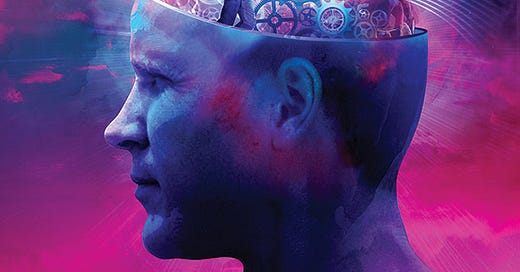



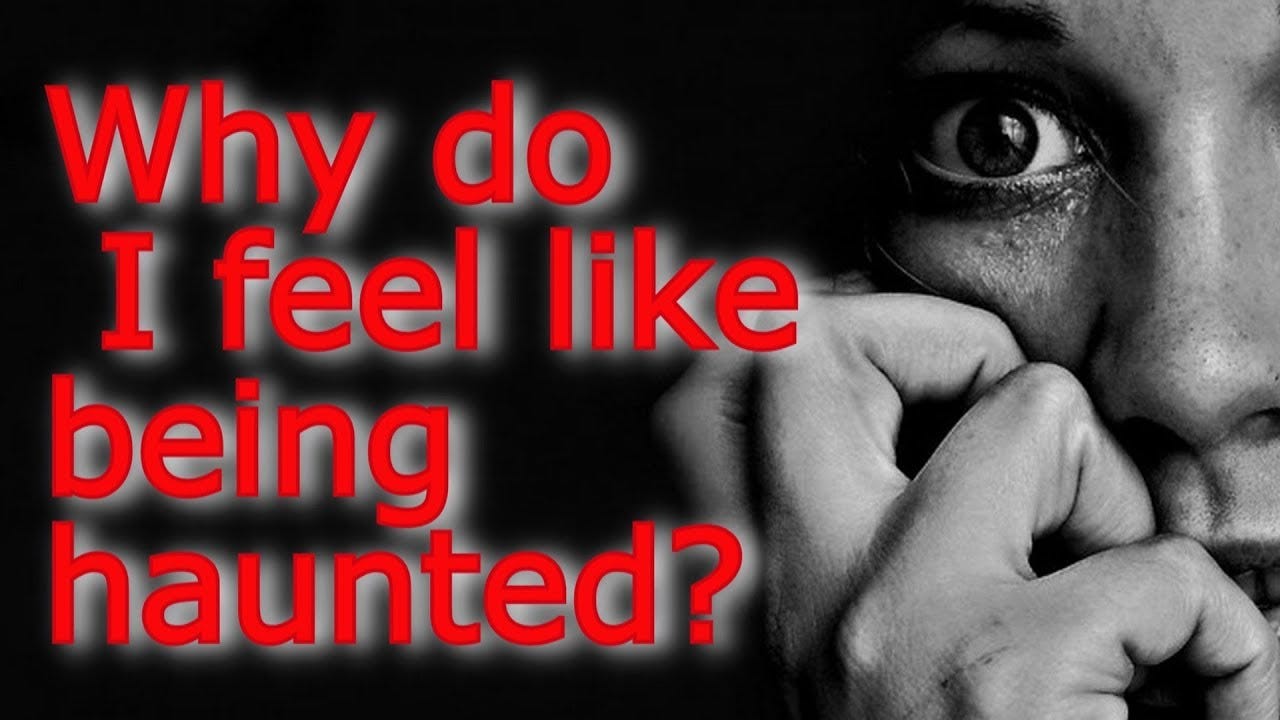
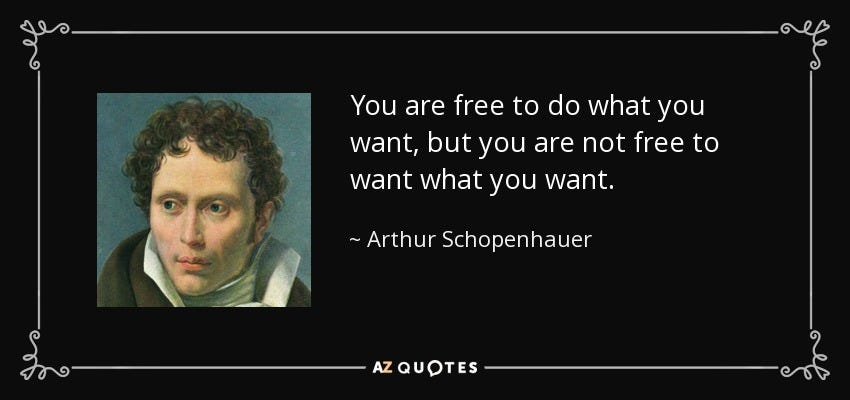

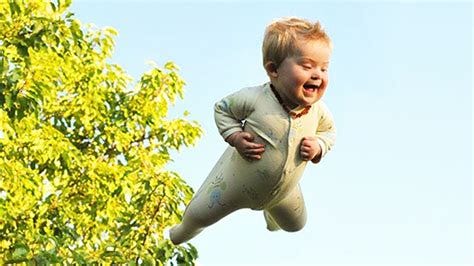


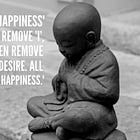

Hey Ma Mu! Who decided to write just now - I don’t care, but I feel like it is me, just me, telling you in this moment, that it sounds very interesting to me what you wrote and I wait for part 2. Don’t know however, if I then will read it. But if I understand you right, it will not be important. 😊 beate
As a (now retired) clinical psychologist and (still active) spiritual seeker, I too have pondered over the knotty and paradoxical issue of free will.
Which, I agree, is a very Western concept.
The study of psychology - as you would expect - shows just how much of our behaviour is determined, between the biological/genetic factors and the behavioural/social ones.
It's quite sobering, really.
Yet as a spiritual seeker, I have to believe in a tiny core of free will that we all can access. (In the end, I acknowledge that this might be because it is simply too depressing to think otherwise.)
One of my early influences was Viktor Frankl, who was a jew in the holocaust, losing his wife and children and all the rest of his family and enduring horrific conditions himself in one of the camps.
Which, I think, gave him the right to speak of such existential matters.
From his book "Man's Search for Meaning" (back in the pre-PC days):
"Our ultimate freedom, which cannot be taken away, is our freedom to choose our attitude in any given situation."
(I'm quoting something that was burned into my memory 50 years ago... I also replaced "man's" with "our", but please allow me some creative licence !)
Now, you might argue that even that is determined by who we are, and everything that has made us up to this point, and there is no good definitive rebuttal to that.
The Christian mystics (my understanding from study and contemplation, though I cannot claim to be either a Christian or a mystic) have a concept that I think is very similar to the Eastern ones you talk about: that we are free to follow the Will of God, or not.
But ultimately the Will of God will prevail, because - again, my understanding - is that it is not possible to win against God, the All-that-is.
Morehei Ueshiba, the founder of the martial art of Aikido (which I studied and practised for over 10 years) also taught this and applied it as one of his deeper principles:
"I am one with the Universe. If you attack me you cannot win, because you are attacking the Universe itself."
So they are all saying this: you have a choice - either flow with the Universe or try to fight it.
But ultimately, trying to fight the Universe is not going to get you anywhere!
BTW, I have not yet read the Nisargdatta Maharej book - though I have downloaded it. Thank you for the link.
And I am sure you will say all this - and more - much more eloquently in your next essay!